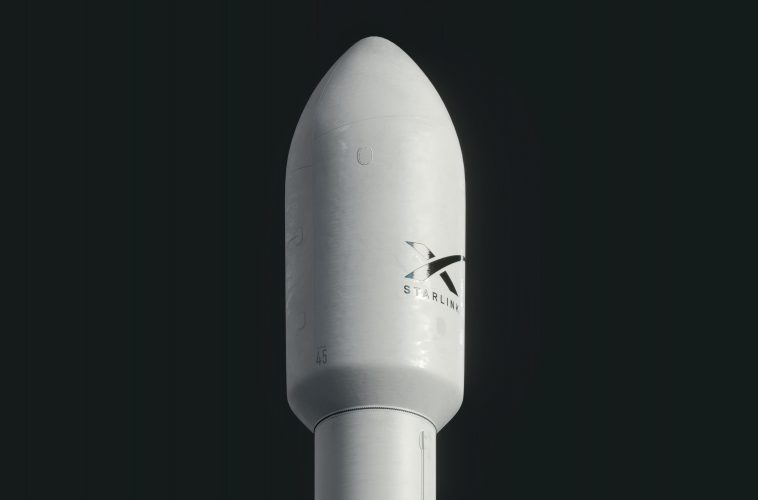SpaceX’s satellite internet service, Starlink, is reducing its prices in Nigeria to attract more customers. The cost of its kit has been cut by 20%, dropping from ₦378,000 ($378) to ₦299,000 ($299). Additionally, the company has collaborated with Jumia, the leading e-commerce platform in Nigeria. According to the Wall Street Journal, Starlink had aimed for $12 billion in sales in 2022 but only achieved $1.4 billion.
In 2023, Starlink ventured into Africa with ambitions to offer high-speed internet to its remote areas. With a 100Mbps download capacity, the service boasts speeds almost tenfold greater than the average mobile internet speed in sub-Saharan Africa, a region with limited broadband access. However, despite its immense potential for the African demographic, cost and regulatory issues have hampered its widespread acceptance.
Starlink faced challenges in establishing its market presence in Nigeria due to the high cost of its kit, making it unaffordable for a significant portion of the population. While Nigeria grapples with low internet speeds, affecting approximately 70% of its residents and averaging a decrease to 10.9% in 2023, Starlink’s pricing remains prohibitive. Even after offering a 20% discount, it remains out of reach for many, especially considering that Nigeria’s typical monthly income is less than ₦124,000 ($124).
Besides pricing challenges, Starlink has also encountered unexpected regulatory obstacles in Africa. For instance, South Africa’s government has prohibited Starlink’s import, sale, and use, yet many South Africans have found ways to circumvent these regulations. Zimbabwe and Botswana have voiced concerns about Starlink operating without the necessary licenses, especially as it intends to launch there by Q3 2023. Furthermore, in a recent incident, the Senegalese authorities detained five individuals for distributing Starlink equipment without the appropriate permits.
Rwanda has tapped into the Starlink service to bolster education. In July, Paula Ingabire, the nation’s ICT Minister, unveiled the introduction of Starlink in 50 educational institutions aimed at enriching students’ internet-based learning experiences. The plan is to expand this to 500 schools by 2024’s end.
Starlink has collaborated with the e-commerce behemoth Jumia to manage the sales and distribution of their kits across Africa. Given Jumia’s stature as a leading e-commerce platform in the region, boasting 3.1 million active users quarterly, they stand as Starlink’s exclusive distributor in Africa. Hisham El Gabry, Jumia’s Chief Commercial Officer, is confident in their proficiency in navigating the nuances of the African retail and merchandise sector.
“He revealed to Bloomberg that the company will begin sales in Nigeria through their websites and representatives this month, followed by Kenya. Currently, the company is only licensed to function in Nigeria, Mauritius, Mozambique, Sierra Leone, Rwanda, and Kenya. They anticipate expanding to additional African countries by year’s end.”



